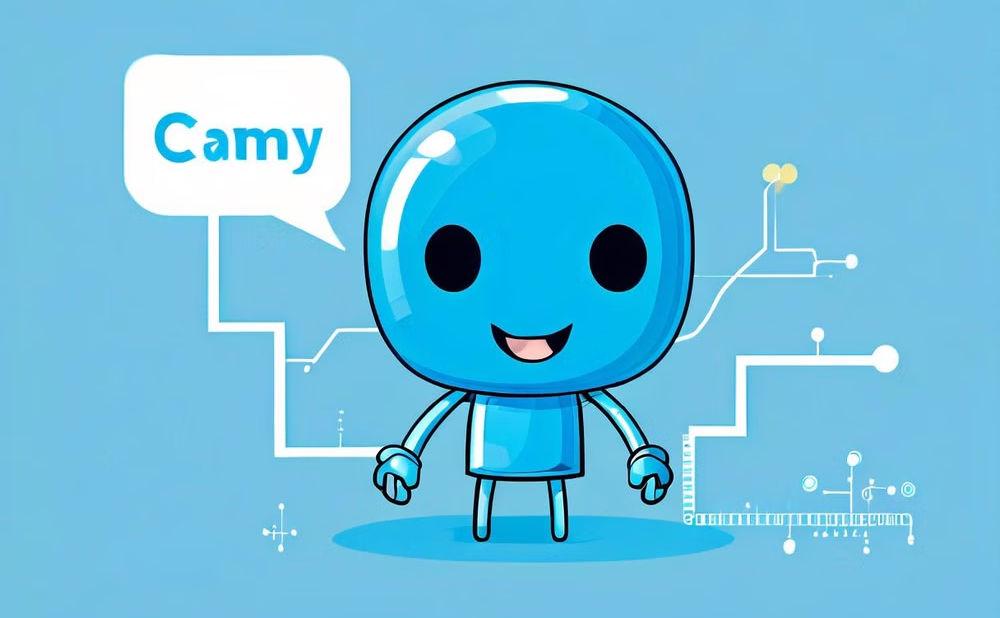Introduction to C Interview Questions and Answers
Dive into the world of C interviews Questions and Answersr with this comprehensive guide. Explore the core concepts, common problems, and essential techniques to ace your next C interview.
 by Scholar Hat
by Scholar Hat


Data Types in C
C has a variety of built-in data types such as integers, floating-point numbers, characters, and pointers. These define the size and range of values that can be stored in a variable.
C also supports derived data types like arrays, structures, and unions to represent complex data structures.
Understanding data types is crucial in C programming to ensure efficient memory usage and avoid runtime errors. Proper type casting and conversion between data types is an important skill.


1.
2.
3.
Operators and Expressions
Arithmetic Operators: + ,, * , /, % - Used for performing mathematical calculations.
Relational Operators: <, >, ≤, ≥, == , != - Used for comparing values and returning a Boolean result.
Logical Operators: &&, ||, ! - Used for combining or negating Boolean expressions.


1.
2.
3.

Control Structures in C
1 If-Else Statements
Conditional logic to execute different code blocks based on a given condition.
2 Switch Statements
Efficient way to handle multiple conditions by evaluating a single expression.
3 Loops
Repetitive execution of a block of code until a specific condition is met.

Arrays and Pointers
Arrays in C
Arrays in C are collections of elements of the same data type. They provide a way to store and access multiple values using a single variable name.
Pointer Basics
Pointers in C are variables that store memory addresses. They allow direct manipulation of memory, enabling efficient data handling and dynamic memory allocation.
Array-Pointer
Relationship
Arrays and pointers are closely related in C. Pointers can be used to access array elements, and arrays can be treated as pointers to their first elements.
Dynamic
Memory
Pointers enable dynamic memory allocation in C, allowing programs to allocate and deallocate memory at runtime, making them essential for working with variable-sized data structures.

Functions in C
Functions are the building blocks of C programming. They encapsulate logic and can be called from other parts of the code. C supports both user-defined and pre-defined functions, allowing for modular and reusable code.
Functions accept inputs as parameters, perform operations, and can return values. Understanding function declaration, usage, and scope is crucial for writing effective C programs.


Strings in C



String Declaration
In C, strings are typically represented using character arrays. Strings are declared using the 'char' data type, with the size of the array specifying the maximum length of the string.
String Manipulation
C provides a rich set of string manipulation functions, including strlen() to get the length of a string, strcpy() to copy one string to another, and strcat() to concatenate two strings.
Null Terminator
C strings are null-terminated, meaning the end of the string is marked by the null character ('\0'). This allows C to easily determine the length of a string and perform various operations on it.

Memory Management in C
Dynamic Memory Allocation
C allows dynamic memory allocation using functions like malloc(), calloc(), and realloc().
Proper memory management is crucial to avoid memory leaks and crashes.
Pointers and Memory Addresses
Pointers in C store memory addresses, enabling direct access to memory.
Understanding pointer arithmetic and dereferencing is essential for efficient memory usage.
Stack vs Heap
C programs utilize both the stack for local variables and the heap for dynamically allocated memory. Awareness of the differences is key to optimizing performance.
Memory Leaks
Failing to properly free dynamically allocated memory can lead to memory leaks, causing programs to consume more and more system resources over time.

Preprocessor Directives
Macros
Preprocessor macros
allow you to define custom symbols and perform textual substitution before compilation.
File Inclusion
The #include directive allows you to bring in external header files, providing access to additional functionality.
Conditional Compilation
Preprocessor directives like #if, #ifdef, and #ifndef enable conditional compilation based on specified criteria.
Error Handling
The #error directive can be used to generate custom compiler errors, useful for debugging and validation.

Common C Interview Questions
Pointers and Memory
Management
Demonstrate understanding of pointer arithmetic, dynamic memory allocation, and efficient memory management techniques.
Control Flow and Algorithms
Explain control structures like loops and conditionals, as well as common algorithmic patterns like recursion and sorting.
Data Structures
Discuss implementation and use of fundamental data structures like arrays, linked lists, stacks, and queues in C.
Function Pointers and Callbacks
Showcase expertise in leveraging function pointers to implement callback mechanisms and design flexible, modular code.

 by Scholar Hat
by Scholar Hat









